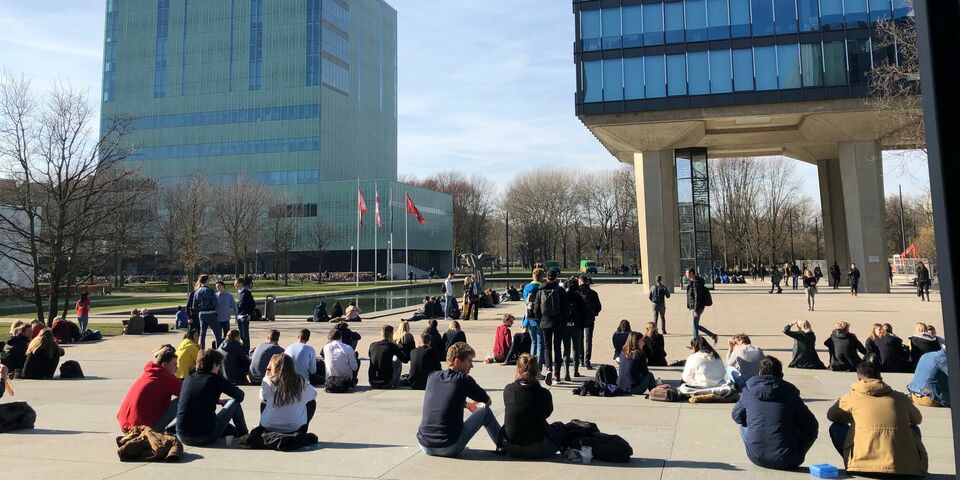Master's University Guide: small-scale is big success factor
Selective Master's programs score no better in the Master's University Guide (Keuzegids) than Master's without any admission hurdles. Being small scale is still a better predictor of quality than a selective door policy. This year three Master's programs at TU/e were given the predicate ‘top program’: Innovation Sciences, Systems and Control and Science, and Technology of Nuclear Fusion. For overall quality, TU/e scored 65, a little higher than the score of 63.5 achieved two years ago.
This year Wageningen has once again been revealed as the university with the most selective Master's programs. More than 70 percent of its ‘green’ Master's programs sets requirements on, for example, the candidate's average Bachelor's grade, while also inviting them to an admissions interview or having them complete an assessment. Other universities, including those of Twente, Eindhoven and Tilburg, are much less choosy. Respectively, six, nine and fifteen percent of their Master's programs select at the gate.
Praise
Not that this necessarily results in lower ratings by students in the National Students Survey and by education accreditation body NVAO, as is revealed in the Keuzegids Masters, the guide to Master's programs, published today. Master's programs with fewer than twenty first-years tend to score above average, while studies with more than two hundred first-years receive less praise, whether or not they are selective.
Other good performers in the Keuzegids are the two-year research Master's programs. They do not have their door policy to thank for this, suspects the book's editors; they are simply good programs. The same can probably also be said of Wageningen University, once again the frontrunner among the regular universities.
The University of Twente, which selects only six percent of its Master's students, comes a close second to Wageningen. In the overall ranking, Eindhoven too performs well, securing third place, as it did last year. The universities of Leiden, Delft, Rotterdam and the UvA bring up the rear.
The Keuzegids Masters provides a quality comparison of similar programs in higher education. The book brings together data from various sources, including the Research Center for Education and the Job Market (ROA), educational statistics provided by VSNU, data from the universities' monitor (WO-monitor) (conducted by the IVA research institute, commissioned by VSNU) and accreditation data from NVAO. Use is also made of the results of the National Students Survey and the national Study Choice Database, both produced by Studiekeuze 123. Centrum Hoger Onderwijs Informatie(the Center for Higher Education Information) processed and analyzed the data.



Discussion